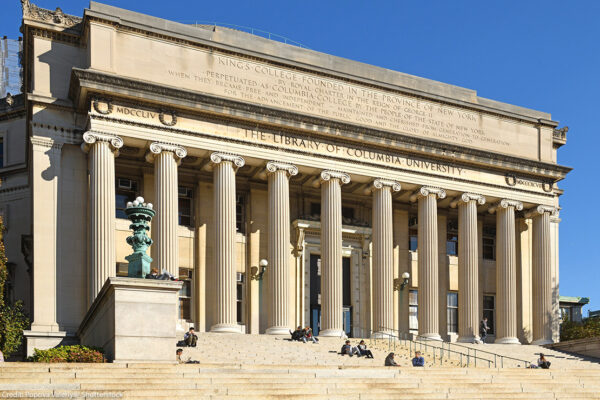ACLU Applauds New D.C. Law Protecting Protest Rights
FOR IMMEDIATE RELEASE
Contact: media@aclu.org
Law Takes Effect on Eve of World Bank Demonstrations
WASHINGTON -- The American Civil Liberties Union of the National Capital Area today welcomed a new law approved by the D.C. City Council that strengthens the First Amendment rights of peaceful protesters, and limits police use of "protest pens" and mass arrests. The law takes effect on the eve of the World Bank and International Monetary Fund meetings and the demonstrations that traditionally accompany them, which have led to police-protester confrontations in recent years.
"This is a happy day for everyone who cares about liberty," said Arthur Spitzer, Legal Director of the ACLU of the National Capital Area. "This landmark legislation will help ensure that the nation's Capital will be a place where all Americans can exercise their rights of free speech and assembly without fear of police brutality and false arrest."
The city council bill, known as the "First Amendment Rights and Police Practices Act of 2004," became a law this week after passing the required period of review by Congress. The new law declares that people have a right to demonstrate "near the object of their protest so they may be seen and heard," and makes clear that people do not need police permission to exercise their constitutional right to freedom of speech. The law also prohibits police from arresting an entire assembly when only a few people are breaking the law, requires police to display visible identification when handling demonstrations, restricts the use of police lines to entrap demonstrators who have not broken any law, and prohibits the use of tear gas and pepper spray on peaceful protesters.
Enactment of the new law followed a two-year D.C. Council investigation of the Metropolitan Police Department's handling of anti-war and anti-globalization demonstrations between 2000 and 2002. Under the leadership of Judiciary Committee Chair Kathy Patterson (Ward 3), the investigation found that police had violated the free speech rights of hundreds of demonstrators, had engaged in unjustified police surveillance of political organizations, and had acted preemptively against demonstrators in an apparent effort to hamper the exercise of First Amendment rights.
Stay informed
Sign up to be the first to hear about how to take action.
By completing this form, I agree to receive occasional emails per the terms of the ACLU's privacy statement.
By completing this form, I agree to receive occasional emails per the terms of the ACLU's privacy statement.

